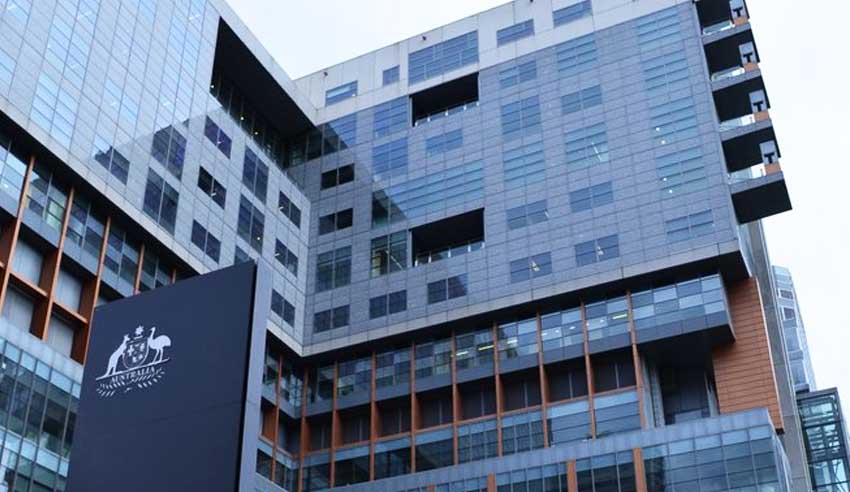The government’s flawed Family Court merger bill has been criticised for many aspects, but the NSW Bar is particularly concerned that it will increase delays and costs for the families in need of assistance and should be opposed as a matter of urgency.

The NSW Bar Association has rejected comments by the government reported in Nine, and said it does not accurately reflect the bar’s policy position on what has been called “reservation fees”. President Michael McHugh SC was disappointed that it may distract from the fact that the merger will “hurt families by increasing delays and costs”.
“The comments about the reservation fees are a distraction from its second attempt to force its flawed merger proposal through the parliament, despite significant opposition from more than 110 stakeholders – including former Chief Justice of the Family Court, Elizabeth Evatt AC and Alastair Nicholson AO RFD QC,” Mr McHugh said.
Mr McHugh went on to say that the association is primarily concerned with the delays and costs of accessing justice for families in the already busy Federal Circuit Court. It, along with the opposition, Greens and crossbench members, has opposed the bill as a driver for increased legal costs and significantly more pressure on affected persons.
“The single most significant driver of legal costs in family law is delay in having matters proceed through the courts and this will be compounded by the government’s proposal to abolish the Family Court as a specialist and stand-alone court,” Mr McHugh claimed, adding that it is the “real issue for parents and children” in these matters.
The merger will mean that family law matters will have to proceed through the Federal Circuit Court and while this measure is intended to streamline court processes, it could instead lead families into gridlock and greater delays. The court already struggles with the lack of resourcing to manage family law matters alongside its migration, admiralty, administrative, bankruptcy, consumer, human rights, privacy matters and more.
The NSW Bar said judges are already chronically under-resourced and overburdened. On average, Federal Circuit Court judges have more than 300 cases in their dockets, with some pushing 600. The merger will only increase pressure on them to deliver and will likely only mean longer delays and further stress on the families waiting for trials.
“The legal profession is the only stakeholder that stands to gain from the merger, with further delay, costs and confusion it will create,” Mr McHugh said, referring to ongoing commentary from the profession in opposition of the bill. He added that despite the bill being perceived as a win, “we remain opposed as it is not in the best interests of families”.
On the comments published in Nine, the Bar clarified that the alleged reservation fees, or “disappointment fees” as they are referred to in the article, are not charged by every barrister in the system and are intended to promote continued access to justice.
A barrister is not entitled to charge reservation fees, “which as noted are rare”, unless it is covered by the fee disclosure and costs agreement with the client and some other conditions are present, including that no other work is taken during that time.
Settlements up to a court hearing are actively encouraged by barristers where it is the most appropriate option to promote clients’ interests. If a barrister is able to have more work for the remainder of the unused days, the barrister will not charge for that period.
“The assumption, however, that barristers can instantaneously pick up alternative work when tomorrow’s case settles is misconceived,” Mr McHugh said, adding: “Clients are protected by the Legal Profession Uniform Law (NSW), which provides that barristers may not charge fees that are not ‘fair and reasonable’ or ‘proportionate’…. And comply with strict disclosure requirements [around reservation fee intentions].”
Mr McHugh said the Bar takes these specific allegations about overcharging seriously as it undermines public confidence in the profession and tarnishes the reputations of ethical practitioners.
“No one is above the law,” he said.
